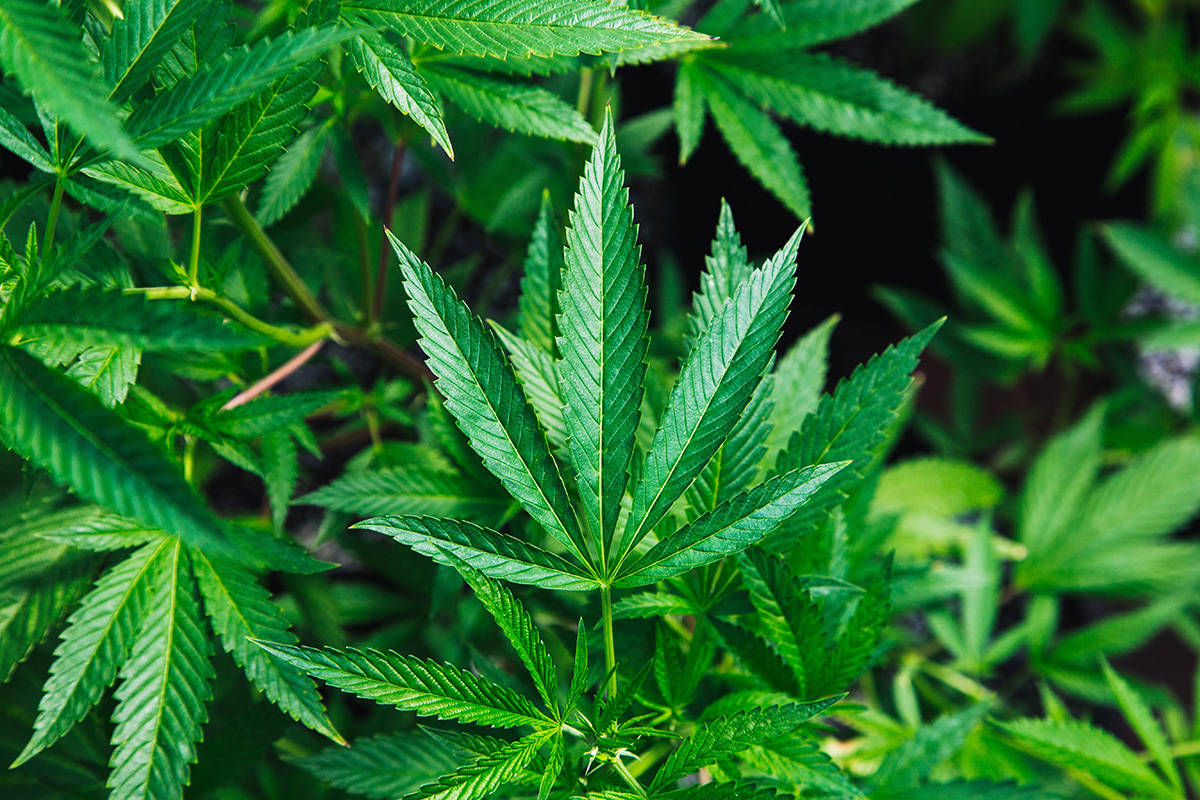A made-in-Langley cannabis business is moving ahead with a new site and hopes to enter a maturing market soon.
Glen Valley Cannabis finished construction work on its new site at Gloucester Industrial Estates earlier this summer, and is now waiting for the go-ahead from the government to grow and process medical and recreational product.
Things have been moving smoothly for the small local company, after a slightly bumpy start when neighbours objected to their first proposed location, in rural Glen Valley.
“It was never our intention to upset the neighbourhood,” said Paul deThomas, the chief executive officer.
The other issues were the complex regulations around producing cannabis under the post-legalization rules.
After working with the municipality, the Agricultural Land Commission, and other government bodies on the first site, in retrospect deThomas says they would have gone with their current location from the start if they’d known what the first site entailed.
The company bought its warehouse site in the summer of 2019.
Now the company’s master grower, Grant Curtis, says the company can start growing as soon as the licence is approved. They’re planning on using small, controlled rooms to create a premium product.
Like a lot of start ups in the still-new industry, deThomas said there have been unexpected roadblocks, mostly on the regulatory side, that have held up the project.
But deThomas and his crew are still working towards getting their products to market. Some much larger entrants have already stumbled.
Canopy Growth moved into the industry in a big way, rapidly becoming one of the largest growers in Canada, and by far the largest in Langley, operating a 1.3 million square foot operation in a South Aldergrove greenhouse complex.
The company ran into financial trouble and shuttered two B.C. facilities, including the Aldergrove one, in early March, laying off 500 people.
“I think it went through it’s initial wild west stage,” deThomas said of the cannabis market, which has only been legal since 2018.
As a much smaller company, Glen Valley Cannabis is aiming for boutique products and a slower and careful strategy to grow. When they start, they expect to use two-thirds of their current space, deThomas said.
“We feel we will grow as the market grows,” he said.
He believes companies have to have a niche.
“The Budweiser of cannabis is already out there,” said Stephen Ostensen, the head of business development.
They plan to follow the route of craft beer brewers, who have popped up with niche, high quality products across North America over the past few decades.
The emphasis on local also means selling cannabis in ways that other local farmers have utilized, according to Ostensen.
“We do plan on pursuing farm-to-gate,” he said.
Farm gate sales are a common option for local berry farms, egg producers, and dairy farms around Langley.
For cannabis, however, that would require regulations, likely at the provincial level.

